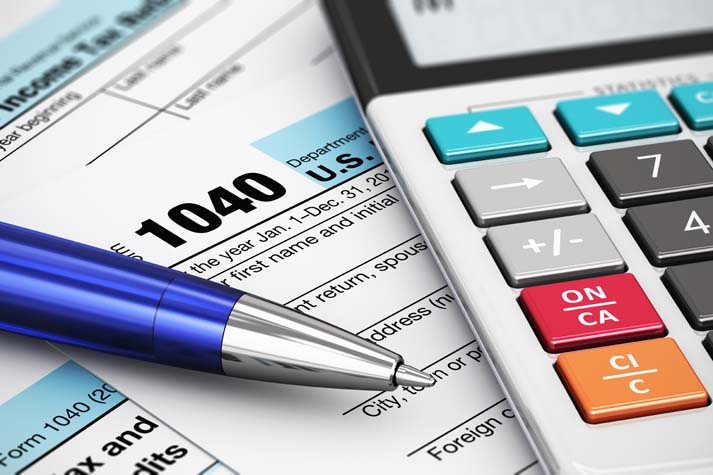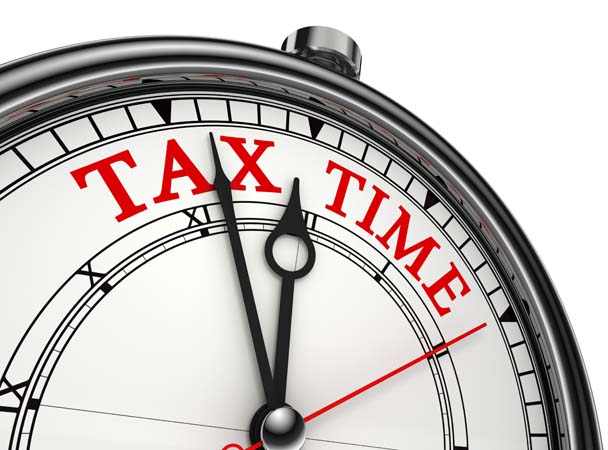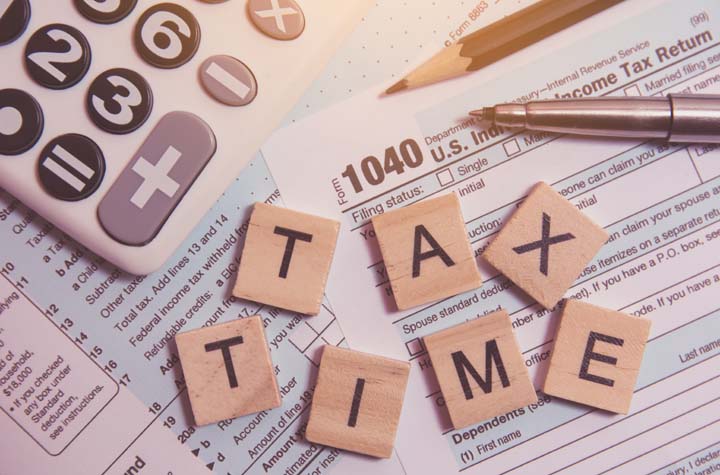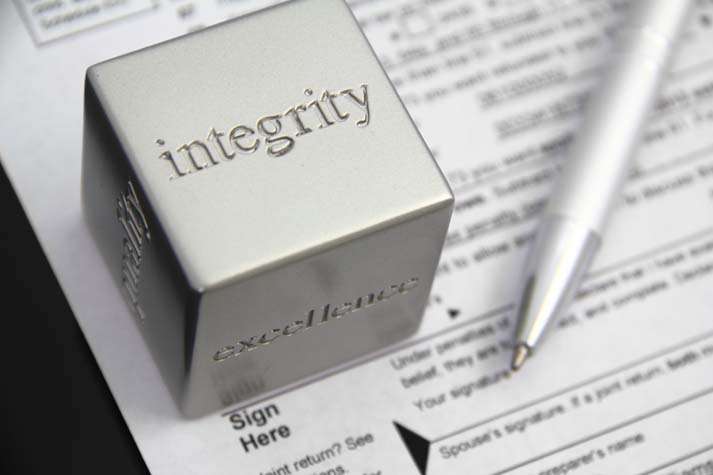benefits of tax filing software Kinston NC
Tax season is upon us again, but don't rush to find a tax preparation service before you've done your homework. To make sure you're working with a trustworthy tax preparation company it's recommended to verify their complaints and check their past history at bbb.org. Verify licensure status with states' boards of accountancy for certified public accountants as well as The IRS Office of Enrollment for enrolling agents.
Do not be fooled by the "Ghost" tax preparer. As per the IRS, "a ghost preparer does not sign a tax return they create. Unscrupulous ghost-preparers can print the tax return and tell that the taxpayer to sign the return and return it to IRS. In the case of returns that are electronically filed the ghost prepares but refuse to digitally sign as the preparer who was paid."



